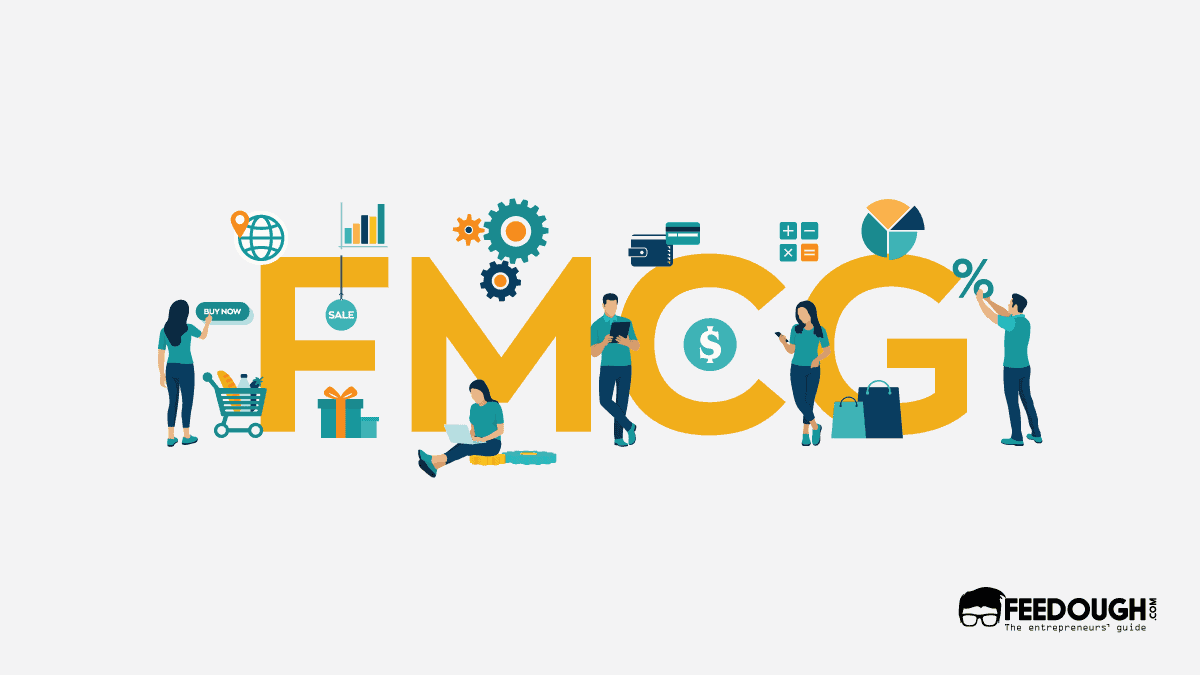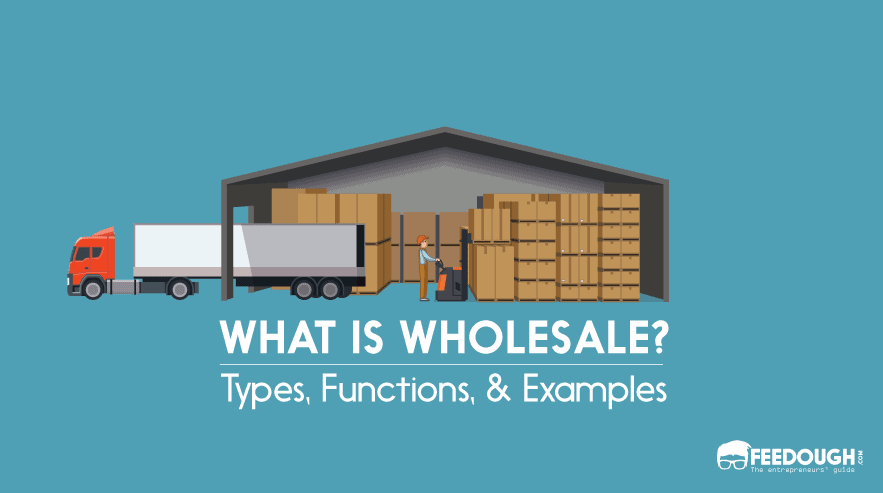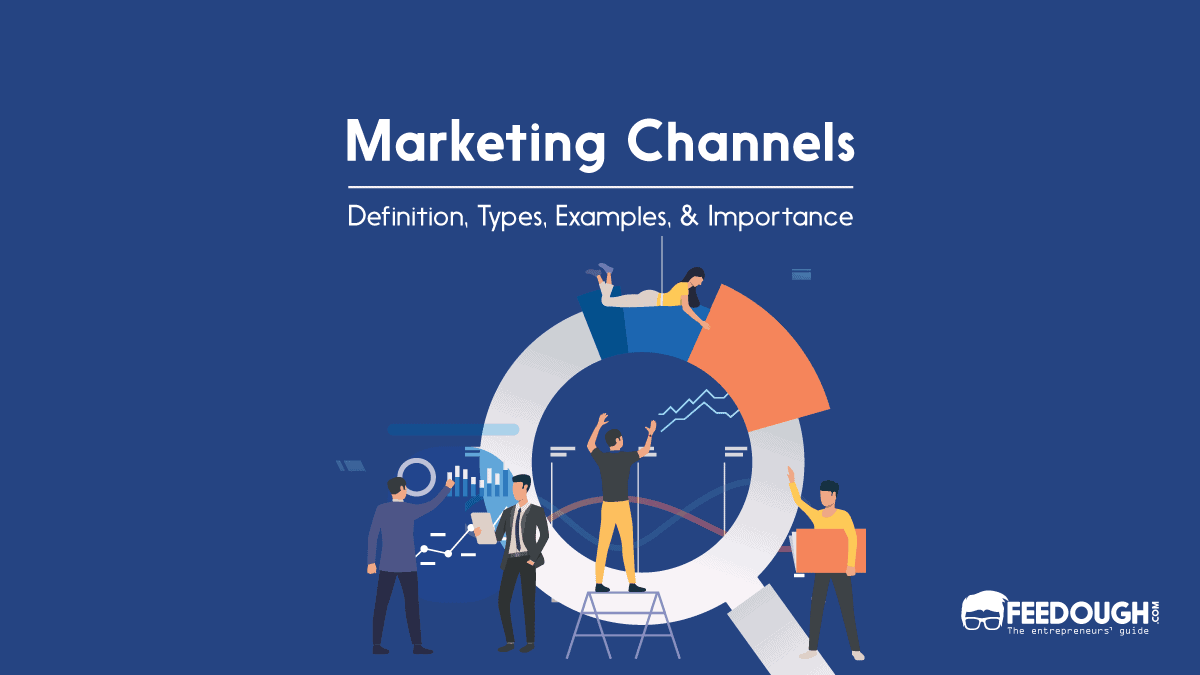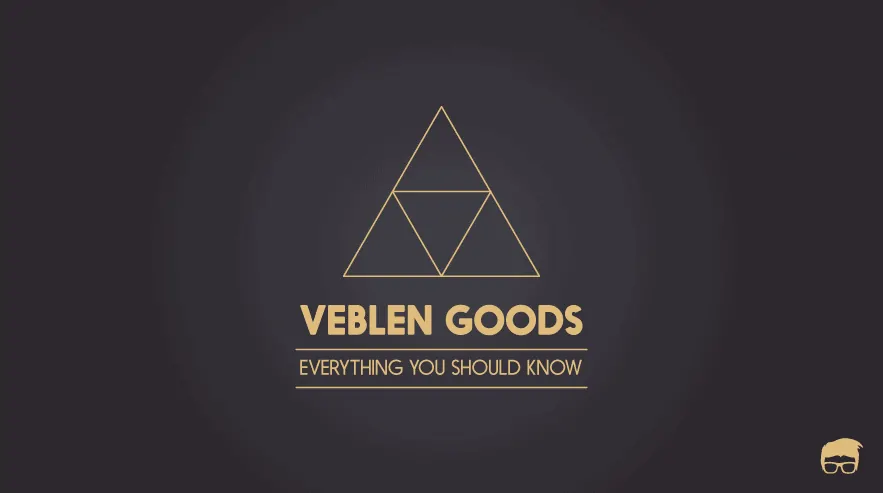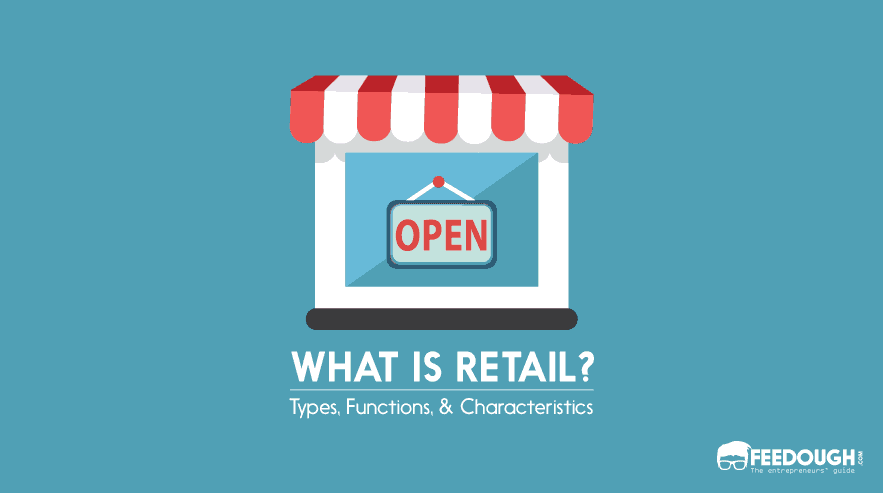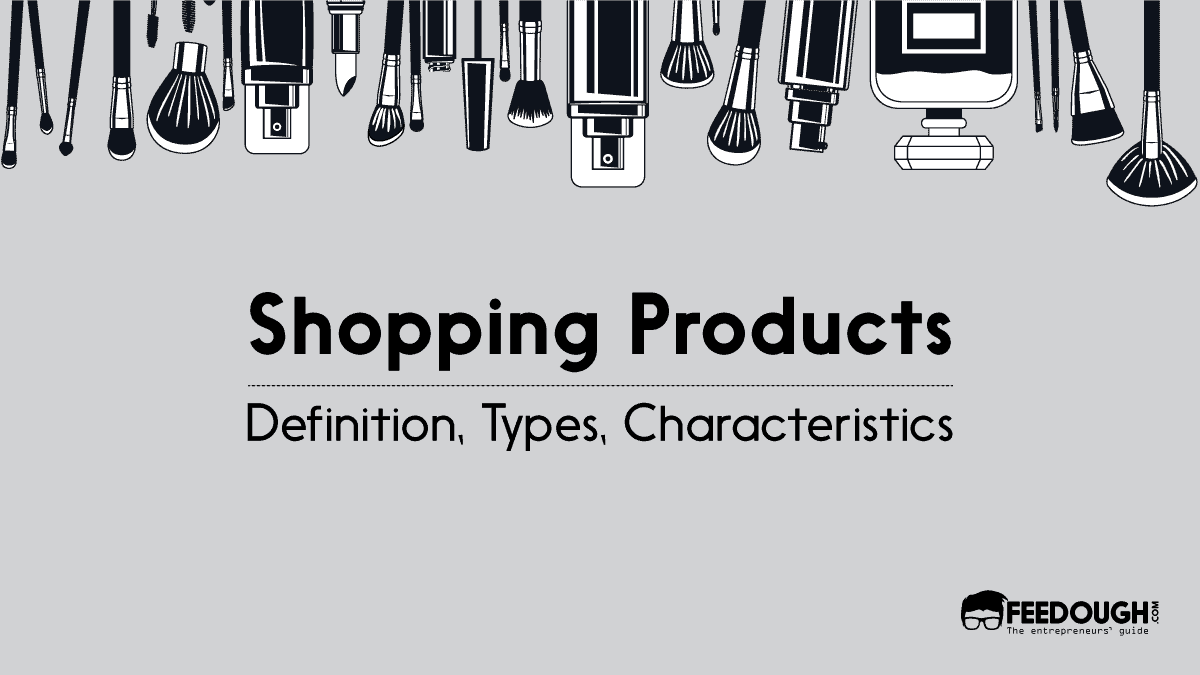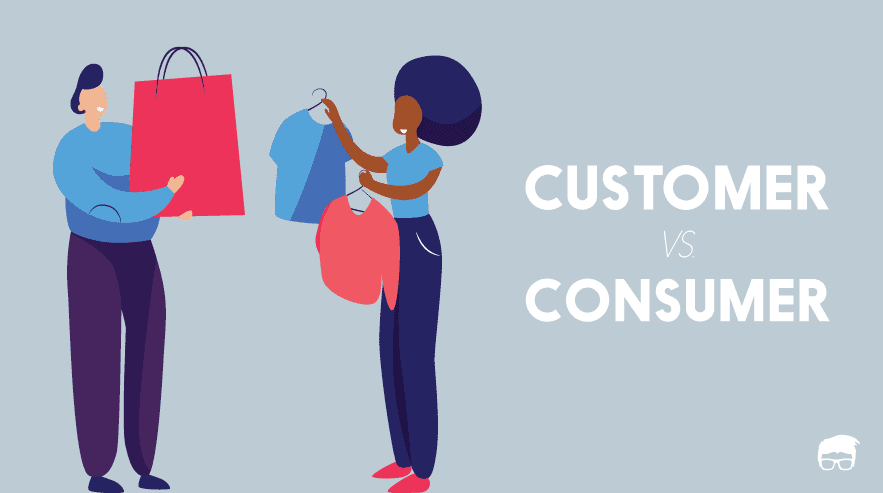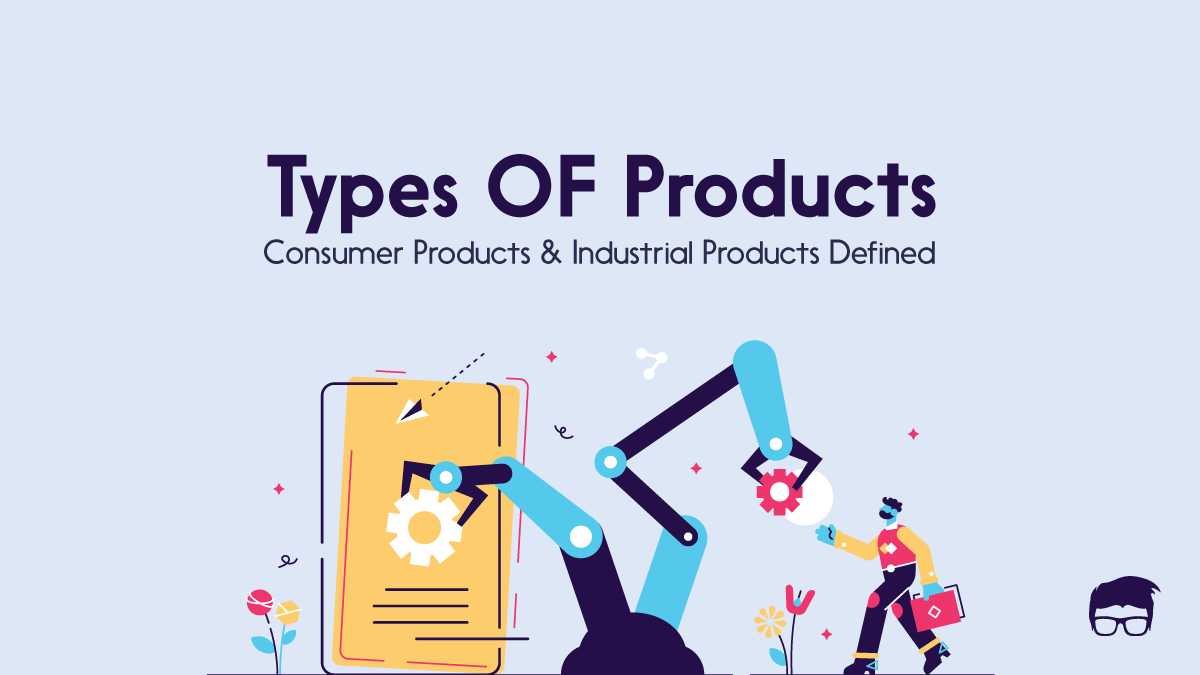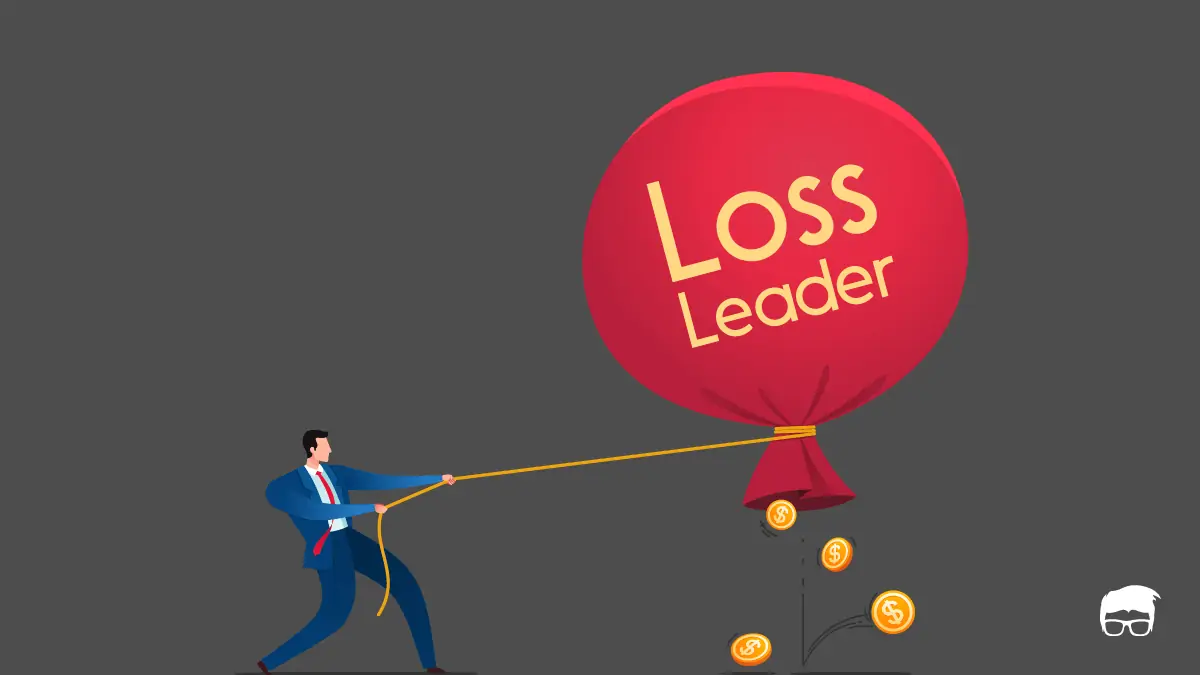The abbreviation ‘FMCG’ is widely used in many parts of the world. It essentially stands for “Fast-moving consumer goods” and covers a wide range of products, including food, beverages, clothing, household products, personal grooming products and more.
These goods are generally sold to the retail market and are designed for mass consumption. As they are so widely available, FMCGs are usually cheaper than other types of goods.
Since these goods have specific characteristics, it is essential to understand what is FMCG and how they are different from other product types.
What Is FMCG?
Fast-moving consumer goods (FMCG) are consumer products designed for frequent use, usually consumed quickly, and have high demand and low cost.
This definition of FMCG can be broken into four key parts
- Designed for frequent use: FMCG products are typically used often, even daily. These include products like bread, soap and shampoo.
- Consumed quickly: FMCG products are consumed quite speedily. For example, a consumer might purchase bread from a local bakery or bakery chain and eat it on the same day it is purchased.
- Have high demand: The demand for FMCGs is usually very high. This can be due to their affordability or practicality, among other reasons. An example of an FMCG product with high demand would be soap – people tend to buy soap frequently due to the need for cleanliness.
- Low cost: FMCGs are usually inexpensive or at least cheaper than other types of goods on the market. An example would be bread – it is often much more affordable than a luxury handbag.
These goods are called fast-moving as they move from the sales area to the point of consumption within a short time span.
Characteristics Of FMCGs
There are some key characteristics that define FMCG products and separate them from other types of products. These are:
From The Consumer Perspective
- High availability: FMCG products are usually widely available and sold in several stores and supermarkets worldwide. This allows consumers to purchase these products easily without too much trouble.
- Purchased frequently: FMCGs include products that consumers frequently require, usually daily or near-daily. For example, breads and coffee are generally bought at least once a week.
- Low buying effort: FMCGs are usually low effort purchases for the consumer. For example, with shampoo, most people know that they prefer a particular brand or type without testing it. This means that most people enter the store knowing exactly what they want and buy it straight away.
- Low cost: FMCGs are usually inexpensive compared to other products on the market, therefore taking up a smaller proportion of consumers’ income.
- Rapid consumption: The time between buying the product and consuming it is very short, often only a number of hours. For example, a loaf of bread might be purchased in the morning and consumed at lunchtime that same day.
From The Retailer Perspective
- High turnover rate: FMCG sales are higher than other product types’ sales as they are purchased frequently by consumers. This means that retailers can keep inventory for these products for shorter periods of time, which ultimately reduces costs.
- Highly distributed: Since these goods have high demand and low cost, they usually need to be widely available and distributed across different locations and regions. For instance, there might be several different supermarkets in a town that all sell the same bread brand.
- Low unit cost: As FMCGs have a high demand and low cost, they usually have a low unit price for consumers. This means that retailers can sell these products at a low price and still retain the same profit margin. This is different from luxury items that usually have a high unit cost but lower demand, meaning that they must be sold at a higher price to maintain the retailer’s desired level of profit.
- Non-durability: FMCGs are not built to last. This is because they have a short time span from production until consumption. They are also required in large quantities so manufacturers do not need to preserve them for long periods of time, which allows them to be sold at lower prices.
- Consistency in form, size, colour and price: FMCGs are standardised, which allows them to be produced cheaply in bulk quantities. For example, if a manufacturer produces packets of shampoo, they are all the same size and contain the same amount of liquid. This means that when one purchases a packet of shampoo from their local store, they know exactly what they are getting.
Types Of FMCGs
FMCG products are usually broken up into different types depending on the industry they are sold in. These include:
- Food and Beverages
- Personal Care
- Healthcare Care
- Home Care
Food And Beverage
Food and beverage products usually fall into the FMCG category due to their short life span and high turnover rates.
Types of food and beverage products that are usually classed as FMCGs include but are not limited to:
- Processed food, such as bread, pasta and potato chips.
- Ready to eat food, such as packets of nuts or crisps.
- Beverages, such as bottled water, coffee cups and cans of soda.
Personal Care Products
Personal care products, such as shampoo and toothpaste, can also be classed as FMCGs because they are needed frequently by most consumers, usually bought at a low cost and not built to last.
These include lotions, hair dyes, lipsticks, cosmetics, deodorants, bath soap, dental care products, etc.
Healthcare Care Products
Healthcare care products are also classed as FMCGs because they are usually highly demanded, not built to last and very distributed.
These include products like plasters, bandages, syringes, condoms, etc.
Home Care Products
Products that are used for household purposes also fall into this category because they are usually standardised, low durability goods that are highly distributed and sold at a usually low unit price.
They include cleaning products, kitchen towels, toilet rolls, bleach, dusters, etc.
FMCG Companies Examples
Some of the largest FMCGs companies in the world include but are not limited to:
Coca-Cola
Coca-Cola is an American multinational corporation that is currently among the world’s largest beverage companies. The Coca-Cola Company manufactures, distributes and sells nonalcoholic beverages. The company operates in over 200 countries and focuses its product range on sparkling soft drinks such as Coca-Cola and Diet Coke, still drinks such as Minute Maid, and energy drinks such as Powerade.
Nestle S.A.
Nestlé S.A., often styled as NESTLÉ, is a Swiss transnational FMCG company headquartered in Vevey, Vaud, Switzerland. It is the largest food company in the world measured by sales.
The company deals in baby food, medical food, bottled water, coffee and tea, confectionery, dairy products, frozen food, pet foods, ice cream, breakfast cereals, and snacks.
Unilever PLC
Unilever is a British-Dutch multinational consumer goods company co-headquartered in London, United Kingdom and Rotterdam, Netherlands. Its products include food, beverages, cleaning agents and personal care products. It is among the world’s largest consumer goods companies measured by market cap.
Go On, Tell Us What You Think!
Did we miss something? Come on! Tell us what you think about our article on Fast-moving consumer goods (FMCG) in the comments section.
A startup consultant, digital marketer, traveller, and philomath. Aashish has worked with over 20 startups and successfully helped them ideate, raise money, and succeed. When not working, he can be found hiking, camping, and stargazing.
